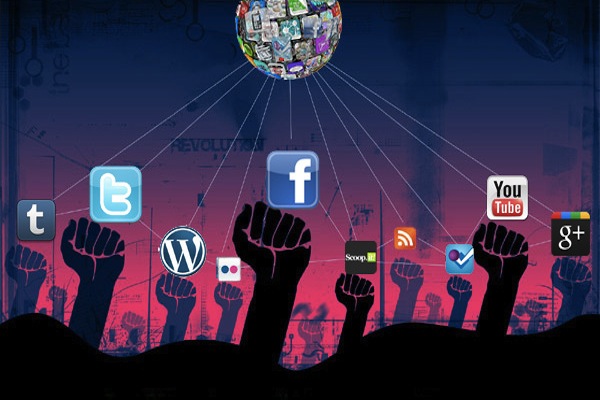- While social media serves as a vital tool for mobilization and democratization, it also presents significant challenges that must be navigated carefully.
In recent months, Kenya has witnessed an unprecedented wave of demonstrations, largely mobilized by the passionate voices of Gen Z on social media platforms. This phenomenon underscores the transformative power of digital communication in contemporary activism. While social media serves as a vital tool for mobilization and democratization, it also presents significant challenges that must be navigated carefully.
First and foremost, social media has democratized how citizens organize and express dissent. Platforms like X, Instagram, and TikTok enable rapid information dissemination, allowing grassroots movements to flourish without the traditional gatekeeping of mainstream media.
This shift empowers marginalized voices, fostering a sense of community and urgency transcending geographic and socioeconomic barriers. In Kenya, the ability to quickly rally support around corruption and social justice issues demonstrates how technology can facilitate civic engagement, particularly among younger generations.
Moreover, social media poses as a catalyst for awareness, educating the public on pressing societal issues. Vital topics can gain traction through viral campaigns and hashtags, mobilizing widespread support and pressuring authorities to respond. The recent demonstrations in Kenya highlight how online activism can translate into real-world impact, igniting discussions that compel leaders to address citizens' grievances.
However, social media's influence is not without its pitfalls. The same platforms that foster connectivity can also propagate misinformation, inciting violence and division. During unrest, the rapid spread of unverified information can escalate tensions and lead to dangerous confrontations. This underscores users' need for digital literacy and critical thinking to discern fact from fiction.
Read More
Furthermore, the fluid nature of social media can dilute the core messages of movements, leading to fragmentation. What begins as a focused call for change can quickly devolve into a cacophony of competing narratives, undermining the original goals. As various groups have mobilized in Kenya, it's crucial to maintain clarity and unity to ensure that the populace's demands are not lost in the noise.
Additionally, governments are increasingly aware of social media's power and may resort to tactics aimed at stifling dissent. From internet shutdowns to targeted arrests, state actors often seek to control the narrative and suppress organized movements. This reality raises critical questions about the balance between security and freedom of expression in a democratic society.










